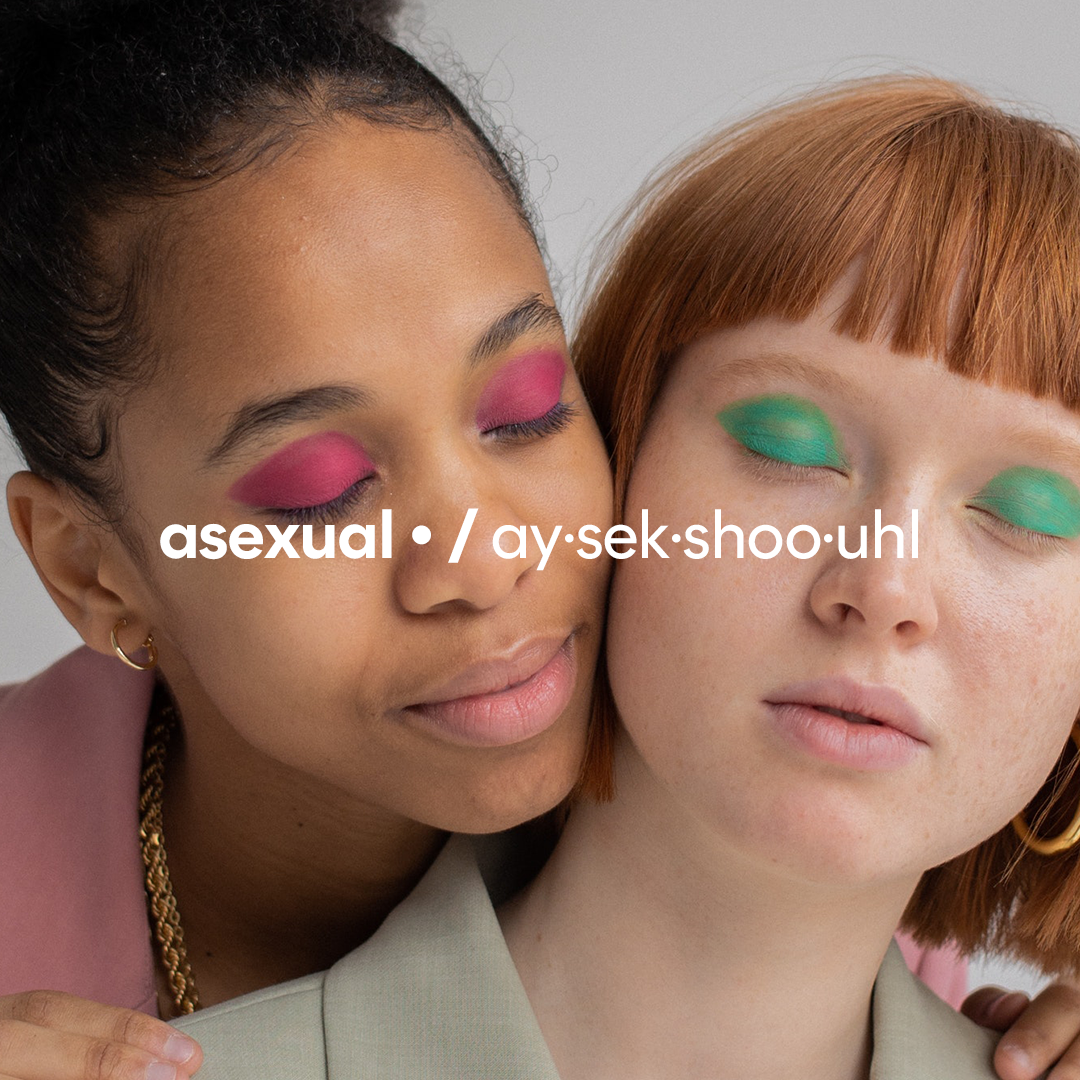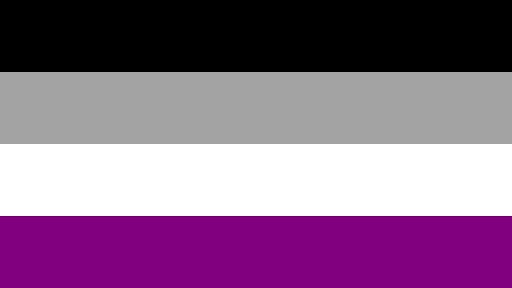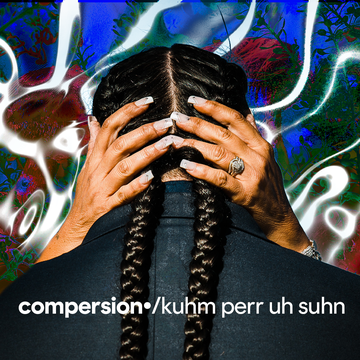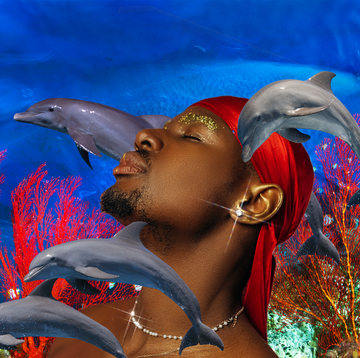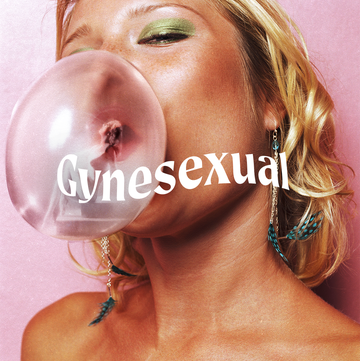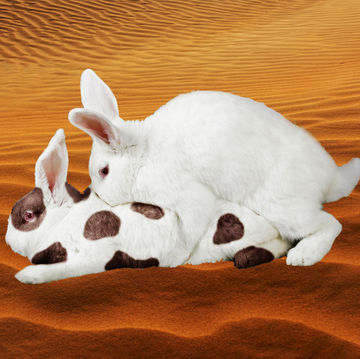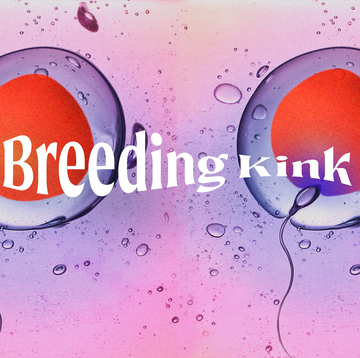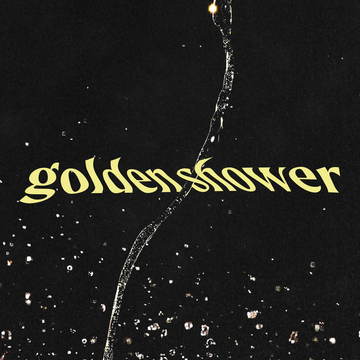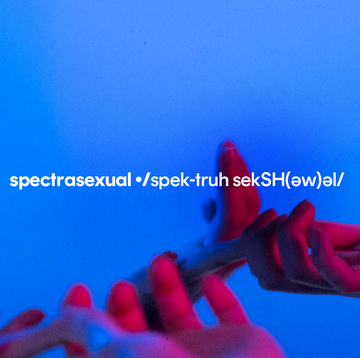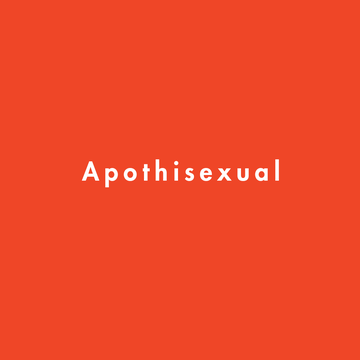Despite what pop culture and the internet might have you believe, not everyone experiences sexual attraction. Some folks are completely uninterested in sex, even if they’re in love. Enter: asexuality, a sexual orientation—much like bisexuality, pansexuality, demisexuality, and so many others—that describes someone who does not feel any type of sexual attraction to anyone whatsoever. “Like being gay, straight, or bisexual, asexual is a sexual orientation. And asexual people (or ace/aces) often feel little to no sexual attraction to others,” says Malik Brown, Director of LGBTQ Affairs at the Office of Atlanta Mayor Andre Dickens.
At leas 1.7 percent of the LGBTQ+ population identifies as asexual, and asexuality itself is also a spectrum, which means people can experience several different types of asexuality on that asexuality spectrum (also known as a-spec).
Now, asexuality is not the same thing as being abstinent or celibate. For one, asexuality is, again, a sexuality. Asexual people haven’t made a vow to keep from having sex, or choose not to have it because of religious or moral obligations. They’re just not into it, be it talking about it, engaging in it, and even watching movies about it, says Rachel Wright, a licensed psychotherapist who focuses on sex and relationships. However, sexuality is such an individualized experience, that while one ace person might never want to engage in sexual acts like kissing, other aces might feel comfortable kissing their partner. It just varies from person to person.
Because there are so many factors that go into understanding asexuality, we created the 411 guide below, with info on how to know if you’re asexual to how it differs (and can be similar!) to other sexualities. Consider this your crash course in all things a-spec—take notes.
How Do I Know If I’m Asexual?
Sexual health and gender identity expert Elise Schuster, founder and CEO of the okayso app, identifies as ace, and says the key identifier to asexuality is the minimal interest in sexual activity with other people. Usually, if you feel meh about sex and are wholly disinterested in talking about sex, then you might be ace. However, Schuster does caution that you consider other factors like your age or whether or not you’re taking any medication that can impact your sex drive, since many things can affect your sexual attraction and desire to engage in sex.
“One thing that's helpful to remember is that our attraction and desire for sexual activity can change for lots of reasons, including age, relationship dynamics, medication, and just changes that happen naturally,” said Schuster. “Sometimes people may wonder if they're asexual when it may be that their sexual interest is developing more slowly, or there's something else happening for them in their lives. And some people may identify as asexual for periods of their life but not their entire life—and that's absolutely okay!”
So, Does Being Asexual Mean You Never Desire Sex?
This is where that spectrum we were talking about earlier comes in. Not all aces are uninterested in sex, says Wright. You can still be ace and want to kiss someone, masturbate, or engage in different types of physical intimacy. Asexuality isn’t black and white, and thinking that all aces are uninterested in sex and/or never feel a desire for it is such a common misconception, says Schuster.
An ace person can engage in self-pleasure, have sex with partners, and still consider themselves ace. “Many asexual people enjoy many types of intimacy that could or could not be included in sexual activity, including kissing or cuddling,” says Schuster.
Really, ace people can do whatever they want! It doesn’t change the fact that ace folks desire sex less or might need specific situations to feel sexually aroused. It really all depends on the person and the circumstance. An ace person’s desire for physical intimacy may be less compared to non-asexual people—and may only occur in specific situations—but ace folks can still experience it.
Can Asexual People Still Be In Relationships?
Asexual people can be in all types of relationships, monogamous or not. Contrary to popular belief, not all relationships require sex! Some ace folks might still want romantic relationships and crave emotional connection—think: quality time, companionship, mental stimulation, and intimate friendship. These relationships don’t have to involve sex. Other ace folks might prefer something in between—perhaps a romantic relationship that includes hand-holding and cuddling, but not kissing. Whatever the case, ace relationships can and do vary widely, and that very much includes romantic partnerships, platonic relationships, and more.
They can also have multiple partners too, says Wright. Having more than one partner doesn’t translate to “sex or a specific type or frequency of sex,” she says. An ace person can like being with more than one person romantically, and that’s totally okay! Plus, some aces desire intimacy from more than one partner, which may push them to seek connections with a polyamorous couples or multiple platonic partners.
What’s the Difference Between Asexual, Aromatic, Allosexual, Agender, and Demisexual?
It’s possible for asexual people to move through life without ever experiencing any sort of sexual attraction, says Brown. But allosexual individuals are the exact opposite. They do experience sexual attraction, and it’s a privileged identity. "Being allosexual is largely regarded as ‘the norm,’” says Brown, “whereas asexual people are often judged, interrogated, and not believed.” If you experience sexual attraction to people, period, you’re allosexual.
The term demisexual is often seen as the “halfway point between being allosexual and asexual,” says Brown. He explains that demisexual people only develop sexual attraction after forming an intimate bond. “This bond could look like a platonic friendship or a romantic relationship. While intimate bonds are needed for demisexual people to develop sexual attraction, they are not sexually attracted to everyone with whom they form a bond,” he says. “Asexual people may feel little to no sexual attraction, regardless of an emotional bond.” So, if you’re asexual, you may be in love with someone, but that doesn’t mean you want to have sex with them.
Aromanticism is similar to asexuality but applies to romantic relationships, not sexual ones. Someone who’s aromantic doesn’t have an interest in romantic relationships with other people, but that doesn’t mean they don’t want to have sex. For aromantic folks, sex could be a total yes, but romance, a total no. But again, it varies. “Some people are both aromantic and asexual, some people are just one or the other,” says Schuster. So, while an asexual person doesn’t crave sex, they may crave romantic relationships. But while an aromatic person doesn’t desire romance, they can want sex and engage in sexual acts.
As for the term agender? Well, it may sound similar to asexual, but it’s referring to a completely different spectrum, and specifically, refers to someone who does not have a particular gender. “Asexual is a sexual orientation, while agender is a gender identity,” says Brown. “You might also hear agender people referred to as gender non-conforming or non-binary. Think of it this way: Your gender identity is who you go to bed as, while your sexual orientation is the one with whom you go to bed. These identities exist separate from each other.”
That said, Brown says agender people “can identify within any number of sexual orientations, including gay, straight, bisexual, asexual, etc.” Oh, and fun fact: Brown notes “many religions consider God to be agender.”
What Are Some Common Misconceptions and Myths about Asexuality?
There are soooo many misconceptions surrounding sexuality in general, and asexuality is no exception. Aside from thinking that aces can’t ever have sex, some common myths include that being asexual is a choice and that an asexual person just has a low libido, according to Wright. Schuster adds that it's a myth that all asexual people are repulsed by sex, which can be true for some, but definitely not for all. Additionally, the idea that asexuality is an illness or something that’s “wrong” with someone is a huge misconception, and a dangerous one at that. “In a culture that assumes everyone must be sexual, asexuality can be framed as a disorder, but it is not,” says Schuster. “It is one part of a large buffet of possible ways that people can be and experience sexuality.”
Finding and Celebrating Community Within Asexuality
Again, asexuality is just another sexual orientation, and not something to hide or be embarrassed about. In fact, finding community in other a-spec folks can be affirming! You’re far from alone, even if it might feel like it sometimes.
If you’re asexual, consider attending an Ace Week event, which takes place during the last week of October. Or make some noise on April 6—International Asexuality Day. You can also check out the r/asexuality reddit page that boasts over 196K members, where a-spec folks from around the world come together to discuss all things asexuality, and/or check out the Asexual Visibility and Education Network (AVEN), where you can find the “world’s largest” online asexual community, and more information an all things asexuality.
And don’t be afraid to proudly wave the ace flag, which debuted in July 2010 and is made up of four stripes: black, gray, white, and purple—designed to include graysexual folks, who operate in the ‘gray space’ between sexuality and asexuality, and demisexual folks, who only feel sexual attraction under specific circumstances.

Mel Curry (she/her) is the current assistant editor at Cosmopolitan, where she covers everything from lifestyle to politics. You can often find her watching The Real Housewives of Atlanta or discovering local coffee roasters. Before joining Cosmo, she was an editorial assistant at Hearst Magazines, writing for Women’s Health, Elle, and more. Follow her on Instagram and the bird app aka Twitter.
